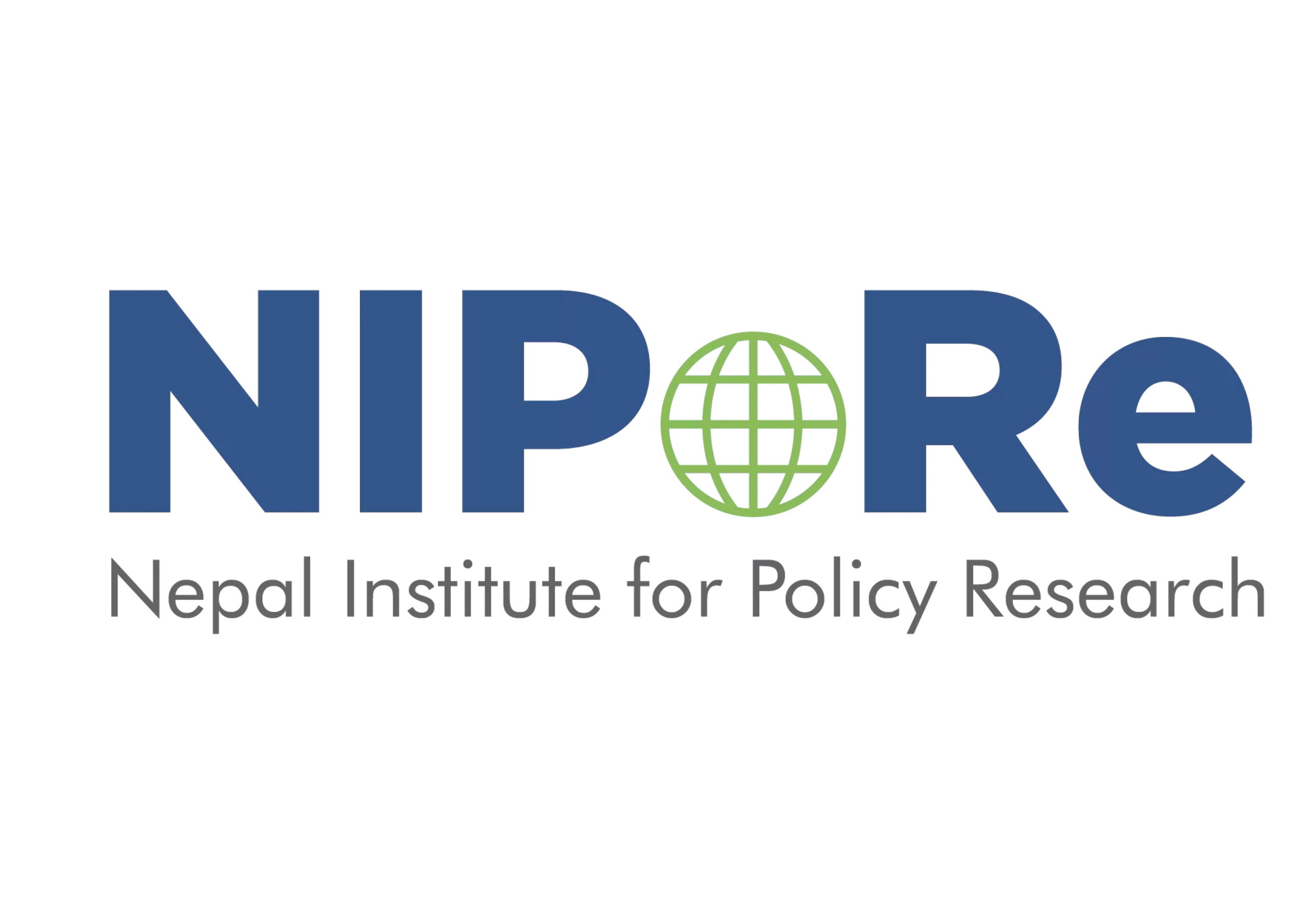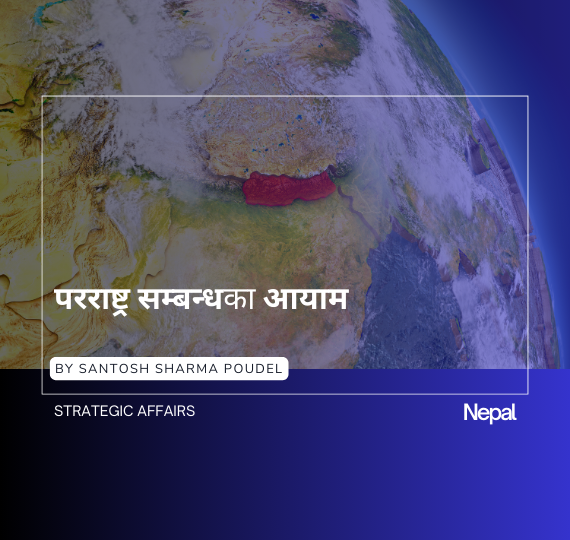 THE ISSUE
THE ISSUE
The World Bank Group has published the 17th edition of the institution’s flagship Doing Business Report earlier this month. The Doing Business Report 2020 ranks 190 world economies on the basis of their performance in 294 business regulatory reforms categorized under 12 distinct areas of business activities between May 2018 and May 2019. Overall, 115 economies implemented desired business regulatory reforms to make local business environments more conducive for business activities. Moreover, the top ten economies to make most progress in this year’s report include Saudi Arabia, Jordan, Togo, Bahrain, Tajikistan, Pakistan, Kuwait, China, India, and Nigeria.
OUR OBSERVATIONS
Nepal
Nepal, sandwiched between two of the world’s largest economies – China and India, has made a major shift this year and has been ranked in the 94th position, a jump in 16 position from last year’s report. This is the fourth time that Nepal has been ranked in Doing Business Report in the list of top 100 countries to do business category. Earlier, It was ranked in 55th, 100th and 99th positions in 2006, 2007 and 2016 reports respectively.
The four key factors that improved Nepal’s position this year include – i) Making it easier to deal with the construction permits by reducing fees for building permits and improving the online e-submissions platform, ii) Getting credit became easier as the Government of Nepal made it easy to access credit information by expanding credit bureau’s coverage, iii) Boosting trade across borders by reducing the time and cost to export and the time to import by opening the Integrated Check Post Birgunj at the Nepal–India border, and iv) Making it easy to enforce contracts by adopting a new code of civil procedure that introduces time standards for key court events.
However, despite the major jump in the 2020 Report, Nepal was not considered as one of the key improved nations as, during this period, the country made starting a business process more difficult, first by forcing the company representative him/herself to visit concerned government authority in-person from employee registration for social security purposes. In addition, the country also increased the property transfer registration fee that ultimately made doing business in Nepal more expensive and less convenient.
SAARC Region
There are no SAARC member countries ranked in the list of top 50 countries to do business in this year’s report. The last time a SAARC member country ranked in this category was in 2006 when Maldives was ranked in 31st position. But four of the eight SAARC member countries – Bhutan, India, Nepal and Sri Lanka – are ranked in the top 100 global economies to do business this year.
In 2020 Report, India and Pakistan made it to the list of top 10 most improved global economies in terms of ease of doing business and rank in 77th and 108th positions respectively. While India made cross-border trade easier by reducing time and costs needed for trades across border and required documentation works, Pakistan made property registration works easier and faster and also land administration system more transparent.
Though five of the eight SAARC member countries saw improvements this year – Bangladesh, India, Nepal, Pakistan and Sri Lanka, but only India, Nepal and Pakistan saw major shifts. Rest three member countries namely Afghanistan, Maldives and Bhutan saw decline in their rankings.
ASEAN Region
Overall, the ease of doing business in ASEAN Region has improved this year. This year, four of the ten ASEAN member countries saw improvements in their rankings – Malaysia, Myanmar, Philippines and Thailand. On the contrary, three member countries saw a decline in their rankings – Brunei, Cambodia and Vietnam. The rankings for three member countries – Indonesia, Lao PDR and Singapore – saw no changes.
Three of the ASAEN member countries have been performing very well since the inaugural issue of the Doing Business report. Since 2004 report itself, Singapore has been ranked as one of the best countries to do business and has consistently been ranked in the top positions. Similarly, Malaysia and Thailand have consistently been ranked within the range of top 50 global economies to do business.
China
In terms of ease of doing business, China (Mainland China) has improved a lot over the last decade. Though Hong Kong SAR and Taiwan had always been ranked as two of the most business lucrative places, Mainland China has consistently been improving its position in the rankings. Last year, it was the first time that Mainland China was ranked in the list of top 50 world economies to do business. Continuing the tradition, making a jump by 15 position, China ranks in the 31st position in the 2020 Report.
POTENTIAL IMPLICATIONS
Findings in the annual Doing Business Reports are crucial for governments, policy makers and investors worldwide. The annual reports give the concerned local, regional and global stakeholders an overall idea of a country’s business environment and related regulation procedures. Thus, these reports can affect the amount of business and investment activities that can happen in a particular country each year. In terms of investments, position of an economy in the Doing Business Index can affect the foreign direct investment (FDI) flow to that country.
However, these reports do not incorporate major issues that are crucial for success or failure of a business; for example macroeconomic stability, statuses the financial system, labour force quality, size of the market, business security, and most importantly incidences of bribery and corruption. Thus, it is not necessary that the rankings in the annual reports do get fully translated into actual business and investment activities.
ORIGIN OF DOING BUSINESS REPORTS/ INDEX
The World Bank Group, through institution’s 2002 launched Doing Business Project, has been conducting research and publishing annual Doing Business Reports since 2003. The credit for commencement of the idea of Doing Business Project can be attributed to a February 2002 QJE paper by Simeon Djankov, key architect of Doing Business Index, and three other economists.




